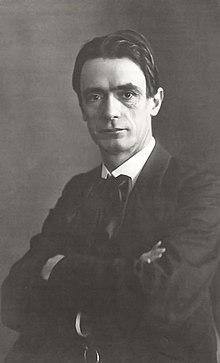Explore Waldorf Education Today
OpenWaldorf.com offers a wealth of resources on Waldorf education. Discover inspiring insights about Rudolf Steiner’s philosophy and enrich your child’s learning journey.


Learn About OpenWaldorf.com and Our Mission
OpenWaldorf.com is dedicated to providing in-depth resources on Waldorf education. Join our vibrant community to explore innovative teaching methods and child development approaches inspired by Rudolf Steiner’s philosophy.
Comprehensive Resources for Waldorf Education Enthusiasts



Our Unique Value Propositions That Set Us Apart


In-Depth Educational Resources
We provide a wide variety of materials and resources tailored to Waldorf education. Our content is meticulously curated to support teachers, parents, and children alike.
Community-Driven Discussions
Join a supportive community of parents and educators where ideas and practices are shared and celebrated. Engage in meaningful discussions to enhance understanding and connection.
Expert Insights
Our platform features contributions from experienced Waldorf educators and child development specialists. Gain access to expert insights that help you navigate the Waldorf educational journey.
Free Educational Tools
Access our wealth of free tools, templates, and resources designed to enhance the Waldorf learning experience, making education accessible for everyone.
Focus on Holistic Development
Explore our content focusing not just on academics but on nurturing the whole child, including emotional, social, and creative growth through the Waldorf approach.
Customized Learning Experiences
We empower parents and teachers to create tailored learning experiences that resonate with each child’s unique needs and aspirations within the Waldorf framework.
Explore Our Gallery of Waldorf Education Moments



